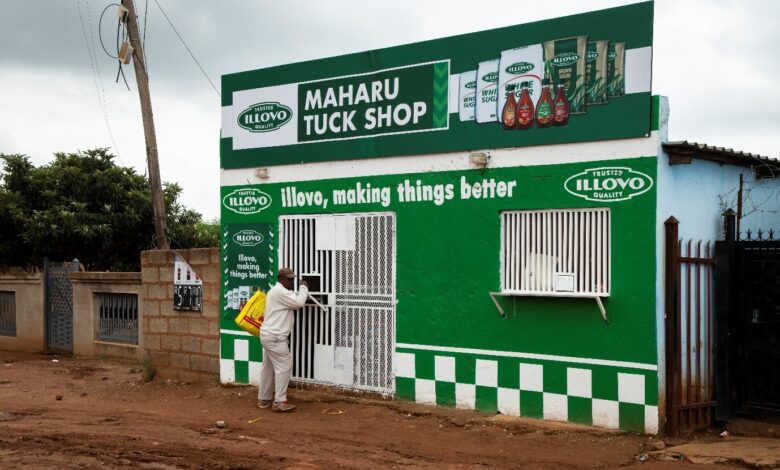What role can local and international partners play in SA’s township economies?

South Africa’s townships are well-regarded for their entrepreneurial spirit. Currently, there are more than 500 townships located across South Africa, and together, these communities make up 40% of the total population, with the largest of them – Soweto – considered home to more than 1.2 million people alonei.
As social hubs, township economies play an integral role in driving socio-economic development for local residents by providing a direct source of livelihoods, employment and income for approximately 2.5 million workers – or 17% of South Africa’s total employed population, as according to the latest South African Township CX Reportii.
Now, as markets across the continent work to undo the devastating impact of the Covid-19 pandemic, the informal township economy is set to play a critical role in South Africa’s economic recoveryiii – and the main vehicle driving this is entrepreneurship.
Among a range of challenges that township entrepreneurs face, is a distinct lack of resources and funding required to start and expand their enterprises, as well as limited access to infrastructure, expertise and support.
Towards solving these challenges, local governments have begun committing to initiatives such as the Gauteng Township Economic Development Bill – new legislative policy that is designed and expected to help revive the township economy by, among other things, dismantling barriers that have prevented the growth of township businesses for years. As the Bill’s announcement read: “[This Bill] will make it possible for people living in townships to start and run thriving businesses, enterprises and co-operatives in an improved enabling environment… to enjoy equal opportunities as their counterparts in the Central Business Districts and upmarket neighbourhoods of the province.”
This is a welcome effort by local policymakers, and one which should be supported to ensure that it is implemented effectively, efficiently, and more importantly, with clear purpose. However, it is also important to recognise that new Bills take time to pass through the legislative process, during which township-based businesses will continue to face these same challenges that they have grappled with for decades.
Over the past year, the Global Alliance Africa project – an initiative of Innovate UK KTN – has been running a Place-Based Innovation (PBI) intervention, which seeks to strengthen the capacity and resilience of Gauteng’s township economies. It does this by working to unlock local and grassroots innovation ecosystems, with the understanding that innovation can play a key role in driving inclusive socio-economic development across the African continent.
As part of the PBI intervention, a network of local community leaders, business people and academics have partnered with specialists from the UK to better understand the region’s innovation challenges, capabilities and potential, and together, have developed an action-oriented plan for areas with high potential. To date, the group has undertaken various initiatives aimed at unlocking the innovation potential of Gauteng’s townships – from exploring how to turn research into impact, to developing models for sustainable and circular township economies and creating new opportunities for access to market for women entrepreneurs.
Underlying the Global Alliance Africa project is a desire to connect for positive change – this approach speaks to the need for, and power of, collaboration amongst enablers in innovation. By combining global knowledge, resources and networks with vested partners on the ground, we create an essential tool for township entrepreneurs, and we do so in a way that accounts for the lived reality and encourages relevant impact.
At the end of the day, township entrepreneurs are constantly looking for better ways to overcome obstacles and explore new opportunities. It is this same tenacity and spirit that makes them vital contributors to our fight against poverty, inequality and unemployment.
But why should they do it alone?
This article was written by Marisa Naidoo, Knowledge Transfer Manager for South Africa at Innovate UK KTN Global Alliance Africa





